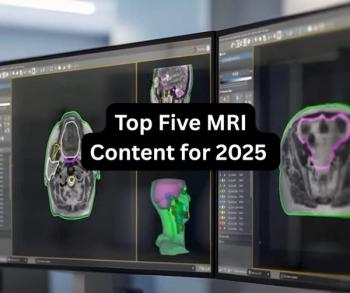
Cardiac Stress Testing Plus Imaging Overused
Increasing use of cardiac stress testing with imaging may be unnecessary and adds to cost and patient exposure to radiation.
Overuse of cardiac stress testing with imaging has increased health care costs and unnecessary radiation exposure to patients, according to a study published in the
Researchers from New York University School of Medicine and Duke University School of Medicine, Durham, NC, sought to determine if cardiac stress testing trends could be related to population shifts in demographics, risk factors, and provider characteristics, and to evaluate whether racial/ethnic disparities exist in decisions regarding imaging.
The researchers looked at adults with no history of coronary disease who were referred for cardiac stress tests, with data obtained from the National Ambulatory Medical Care Survey (NAMCS) and National Hospital Ambulatory Medical Care Survey (NHAMCS) from 1993 to 2010.
The results showed that the annual number of US ambulatory visits in which a cardiac stress test was ordered or performed increased from 28 per 10,000 visits between 1993 and 1995 to 45 per 10,000 visits between 2008 and 2010. They found no trends toward more frequent testing after adjustment for patient characteristics, risk factors, and provider characteristics.
“Cardiac stress tests with imaging comprised a growing portion of all tests, increasing from 59% in 1993 to 1995 to 87% in 2008 to 2010,” wrote the authors. “At least 34.6 percent were probably inappropriate, with associated annual costs and harms of $501 million and 491 future cases of cancer.”
There was no evidence of disparities among black patients receiving a cardiac stress test compared with white patients, however there was some evidence of disparity in Hispanic patients.
“National growth in cardiac stress test use can largely be explained by population and provider characteristics, but use of imaging cannot,” the authors concluded. “Physician decision making about cardiac stress test use does not seem to contribute to racial/ethnic disparities in cardiovascular disease.”
Newsletter
Stay at the forefront of radiology with the Diagnostic Imaging newsletter, delivering the latest news, clinical insights, and imaging advancements for today’s radiologists.












